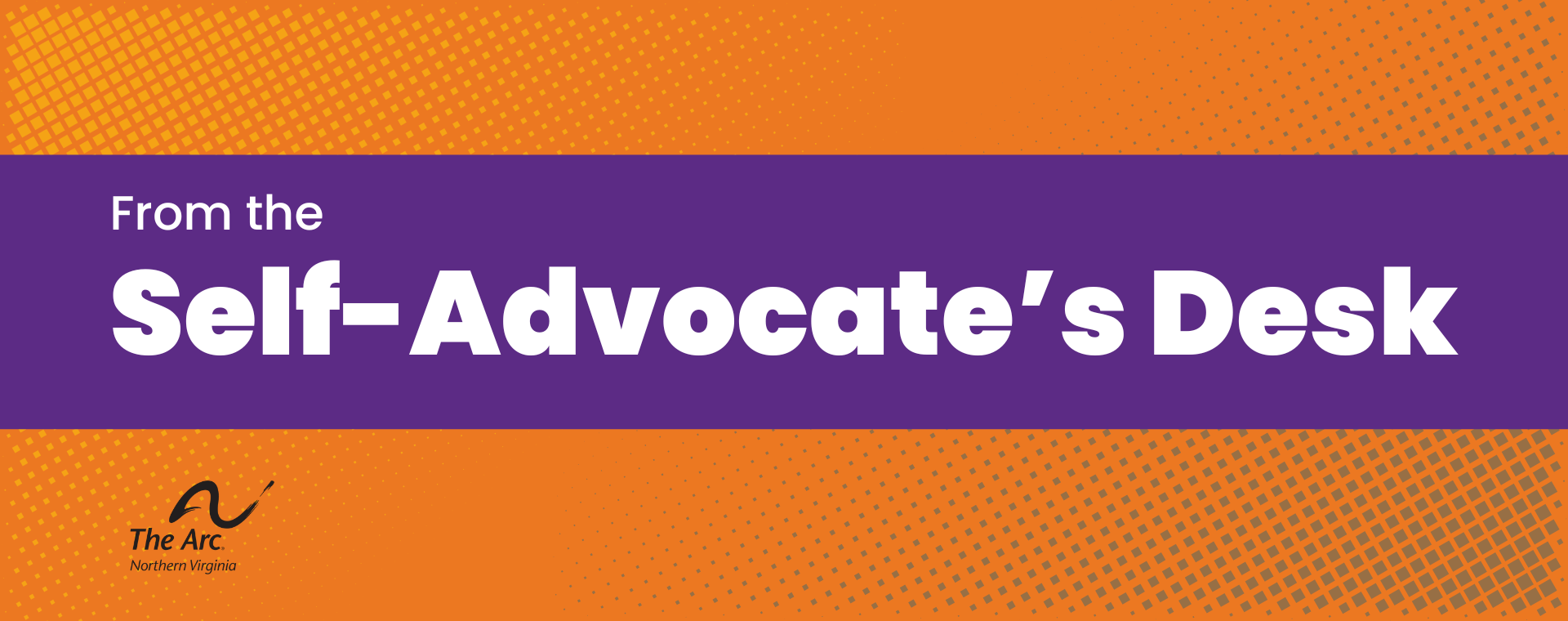Dear fellow advocates and community members,
On July 5, 2025, the House of Representatives passed the One Big Beautiful Bill Act (OBBBA), clearing the path for it to go to the President’s desk for signature. This landmark legislation is being hailed by some as a boost for economic growth and deregulation, but it poses serious risks to vulnerable communities—especially people with intellectual and developmental disabilities (IDD).
As a self-advocate with The Arc of Northern Virginia, I believe it’s critical to look beyond the headlines and examine how this bill could change the daily realities for millions of Americans.
What Does OBBBA Include?
- Tax Changes: Makes permanent many tax cuts from the 2017 Tax Cuts and Jobs Act and lifts the State and Local Tax (SALT) deduction cap. These changes primarily benefit upper-income households.
- Medicaid & SNAP Cuts: Introduces stricter work requirements for Medicaid and reduces federal reimbursements to states, potentially narrowing eligibility and services. SNAP benefits face similar restrictions.
- AI and Technology: Although the federal preemption of state-level AI regulation was removed in the Senate version, OBBBA directs significant investments toward AI, broadband, and chip manufacturing—yet without guarantees for digital accessibility for people with disabilities.
- Clean Energy Rollbacks: Rolls back tax credits and incentives for clean energy, threatening up to 4,500 projects. This could raise utility costs, disproportionately impacting low-income and rural communities.
- Defense and Infrastructure: Increases spending on defense and technology infrastructure, benefiting large corporations and contractors.
Who Stands to Lose the Most?
- People with Disabilities:
- The new Medicaid work requirements would force individuals aged 19–55 to prove 80 hours of work per month. Despite supposed exemptions for people with disabilities, administrative hurdles often prevent qualified individuals from maintaining coverage.
- A Georgetown Center for Children and Families analysis warns that over 7.8 million Americans, including many children with special health needs, could lose coverage due to these new administrative barriers.
- Low-Income Families: Cuts to SNAP and Medicaid jeopardize access to food security and healthcare for families, seniors, and individuals with disabilities.
- Rural and Underserved Areas: Rollbacks in clean energy threaten affordable energy projects that help reduce costs in communities already burdened by high utility bills.
Why This Matters
While OBBBA offers economic benefits for certain sectors, it risks deepening inequalities. Tax relief for wealthier Americans comes at the price of reduced support for essential services that sustain vulnerable groups. We cannot call a bill “beautiful” if it leaves millions struggling to afford healthcare, food, or basic necessities.
Next Steps
Even if the President signs OBBBA into law, the fight is not over:
- Advocate at the State Level: Many decisions about Medicaid eligibility and services will shift to states. We must push for protections and simplifications that prevent people with disabilities from falling through the cracks.
- Push for Digital Inclusion: As AI and broadband expansion accelerate, we must demand accessibility and adaptive technologies for people with disabilities to prevent further marginalization in the digital economy.
- Protect Clean Energy Progress: Partner with local governments to sustain renewable energy projects that lower costs and create equitable access.
Call to Action
I urge everyone who cares about equity, disability rights, and community well-being to:
- Contact your state and federal representatives to share your concerns about how OBBBA could affect you or those you support.
- Support local and national disability advocacy groups working to protect critical programs like Medicaid.
- Stay informed and engaged as the implementation of OBBBA unfolds.
The Arc of Northern Virginia remains committed to protecting the rights and dignity of people with disabilities—and ensuring that legislative changes serve all members of our community, not just a privileged few.
Thank you for taking the time to read my response.
Sincerely,
Ian Allan
Self-Advocate for the Arc of Northern Virginia
Ian Allan is a self-advocate with a deep commitment to policy literacy, systems change, and disability justice. Through The Arc of Northern Virginia, he works to ensure that people with intellectual and developmental disabilities are not just served by systems, but shaping them.

